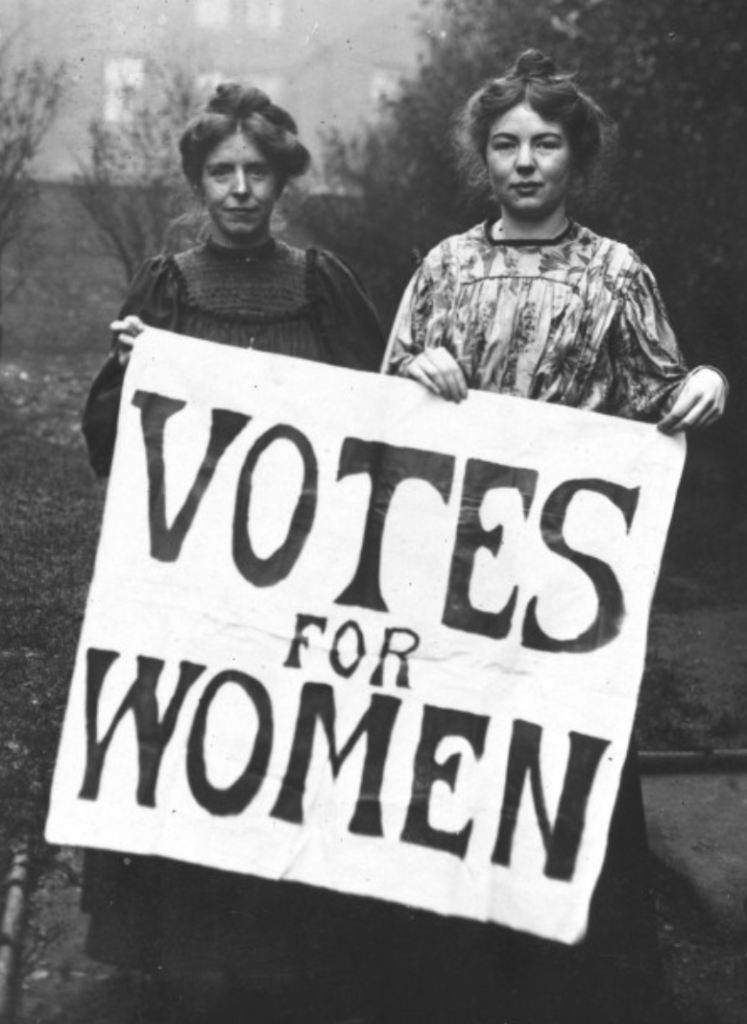By Michael Mullinex
In the American lexicon, there are few words that wield the weight and connotation that socialism carries. It can have over a million different definitions. However, what does socialism mean? Is it when the people own the means of production? Is it unions? Is it Bernie Sanders? All of these definitions have merit, but lack nuance.
Historically socialism has existed for a long time, however for simplicity’s sake, the history of socialism truly begins with Marx and Friedrich Engels. The most popular of their writings is The Communist Manifesto, a pamphlet that only numbers 23 pages. Marx and Engels concluded that socialism was a natural evolution of human society that was not too different from the leap from feudalism to capitalism.
So what is socialism? As previously stated, there are a great deal of beliefs of what socialism is. Socialism is defined as “any of various economic and political theories advocating collective or governmental ownership and administration of the means of production and distribution of goods” (Merriam-Webster 2020). With that definition in mind, universal healthcare could be defined as socialism as it is a government owned distribution of goods. Another possible example of socialism are labor unions; unions aim to democratise a workplace as much as possible by giving workers a say in how a business or institution is run, which could be seen as a form of socialism.
One true example of a socialistic institution of the US government is the United States Postal Service (USPS). The USPS is owned by the government as a low cost service dedicated to the delivery of mail to residents within the US. This government institution provides a service as a means of distributing goods, in this case mail, to the people with very little in payment.This institution is in line with the most common form of socialism, government ownership over the means of production.
If one were to look at historical examples of socialism, they would find very few examples of the workers owning the means of production and a large number of examples of the government owning the means of production.
When looking at the examples of working socialism today, there are two that display the two different versions of socialism very well. One is the nation of Cuba and the other is a Spanish worker co-op known as Mondragon Company.
Firstly, Cuba is an example of a nation that has faced many difficulties over the years, however it has still managed to make it by and in some places even thrive. While facing a massive trade embargo the Cuban people have managed to have a truly awe inspiring medical program. They were the first nation to prevent mother-to-child HIV transmission and they developed a lung cancer vaccine. These accomplishments were enabled by the government’s ownership over a majority of the economy and an absolute monopoly in the medical field.
While the example above was of a whole nation, this example is of a corporation. The Mondragon Company is a worker co-op that has collective ownership over the means of production. The company has managed to last over 70 years without once going under. It offers a share in the profits and allows the workers to vote on corporate decisions.
Altogether, socialism is a very complex ideology that has many misconceptions about it. It can come in many different forms and is virtually all around us. From the government institutions we use today to the worker co-ops that exist throughout the world, socialism is a part of all of our lives.





























